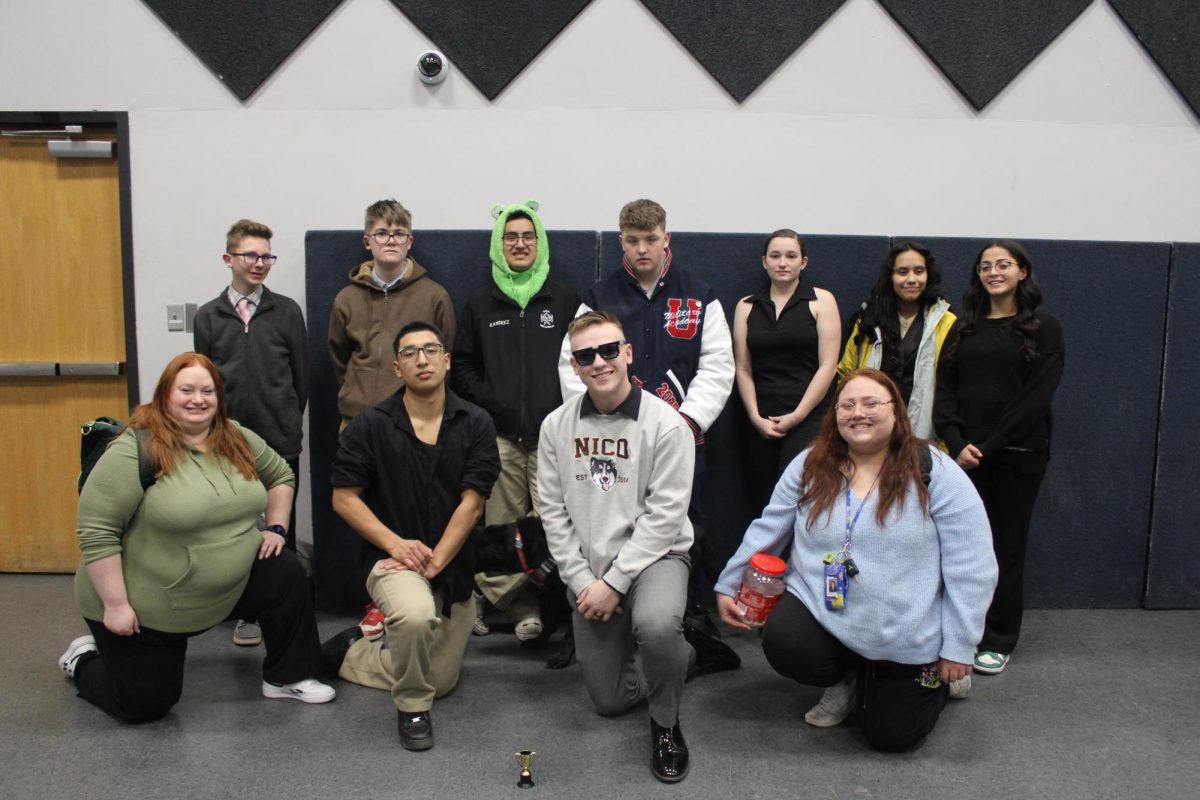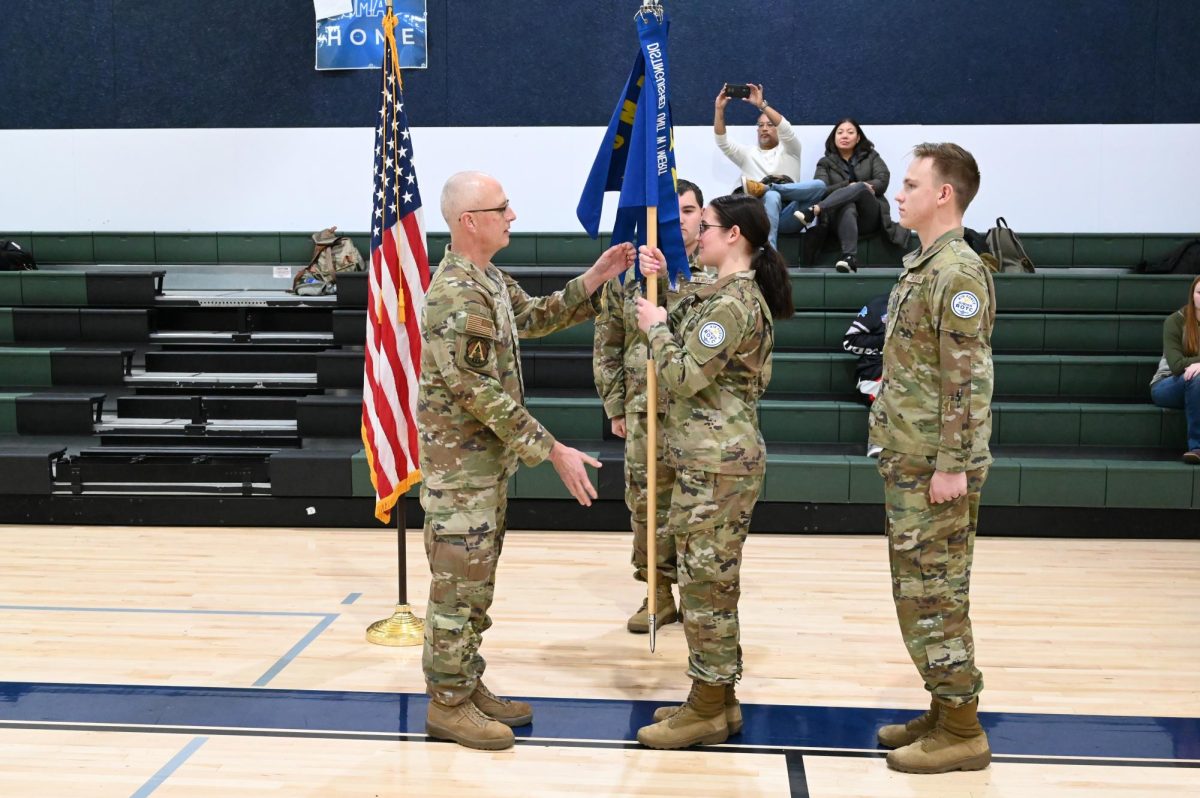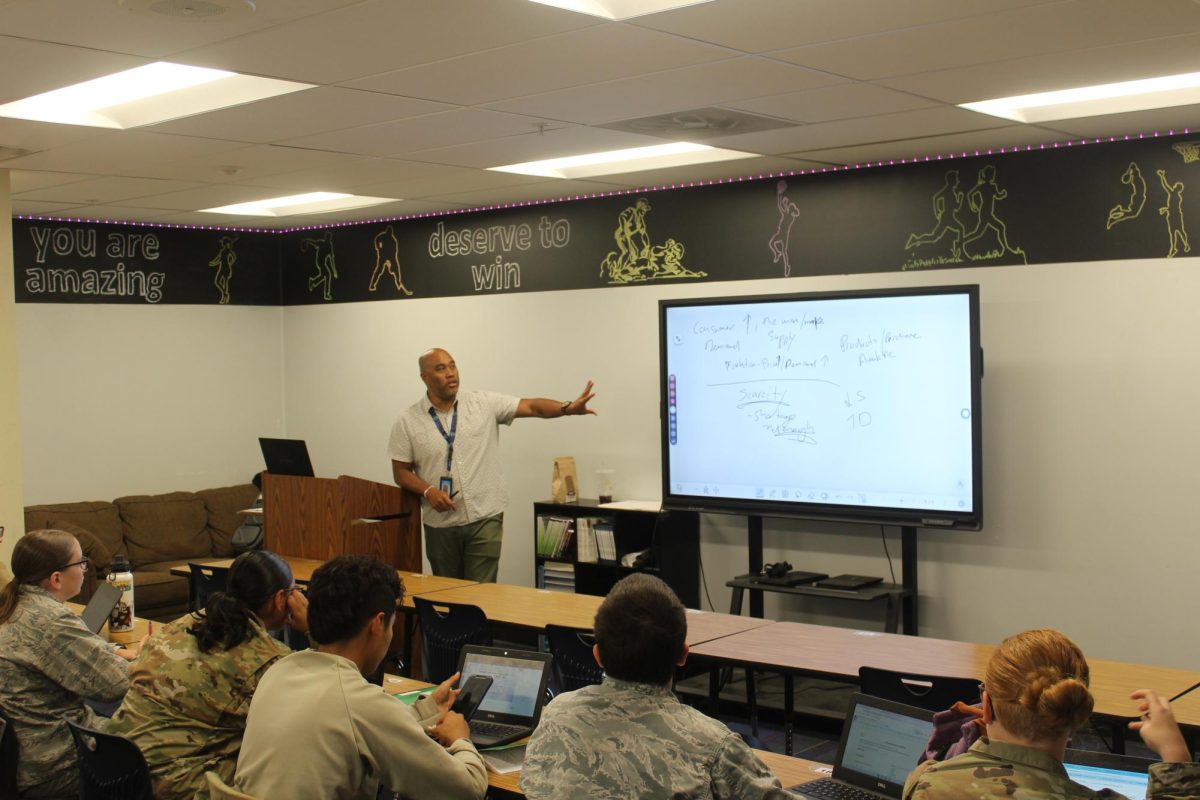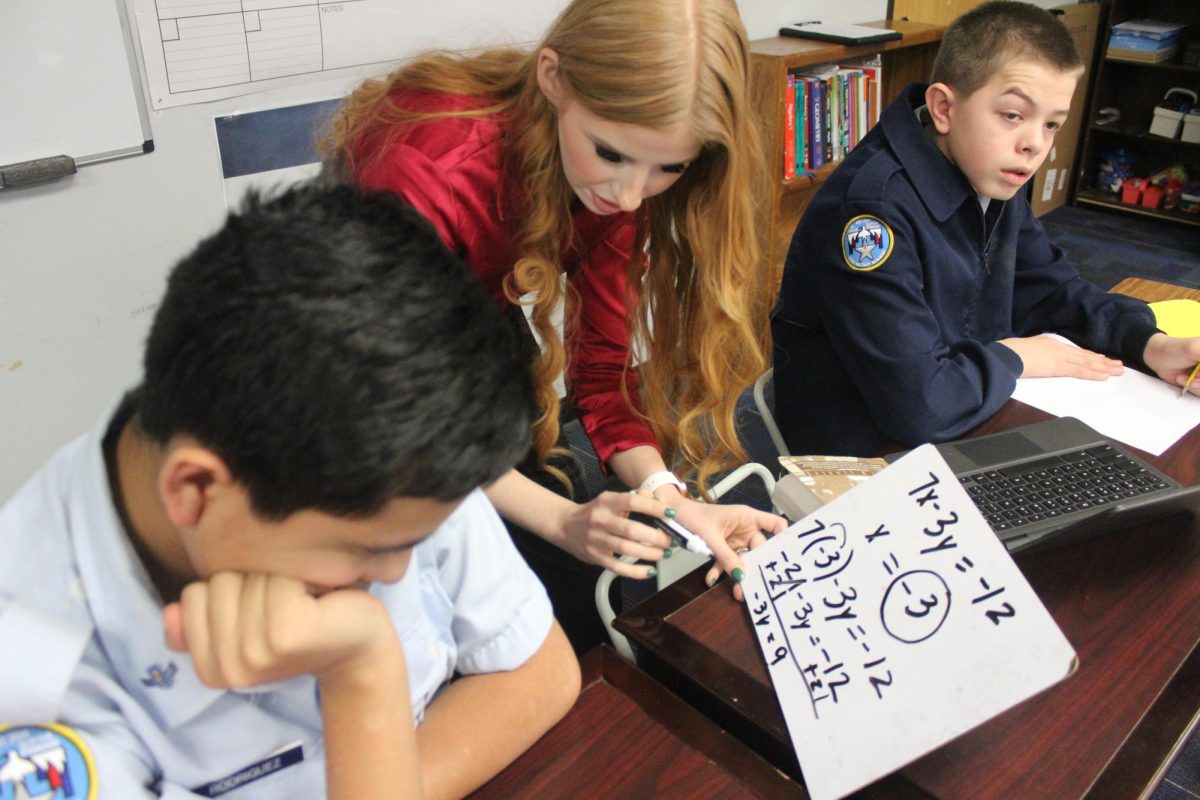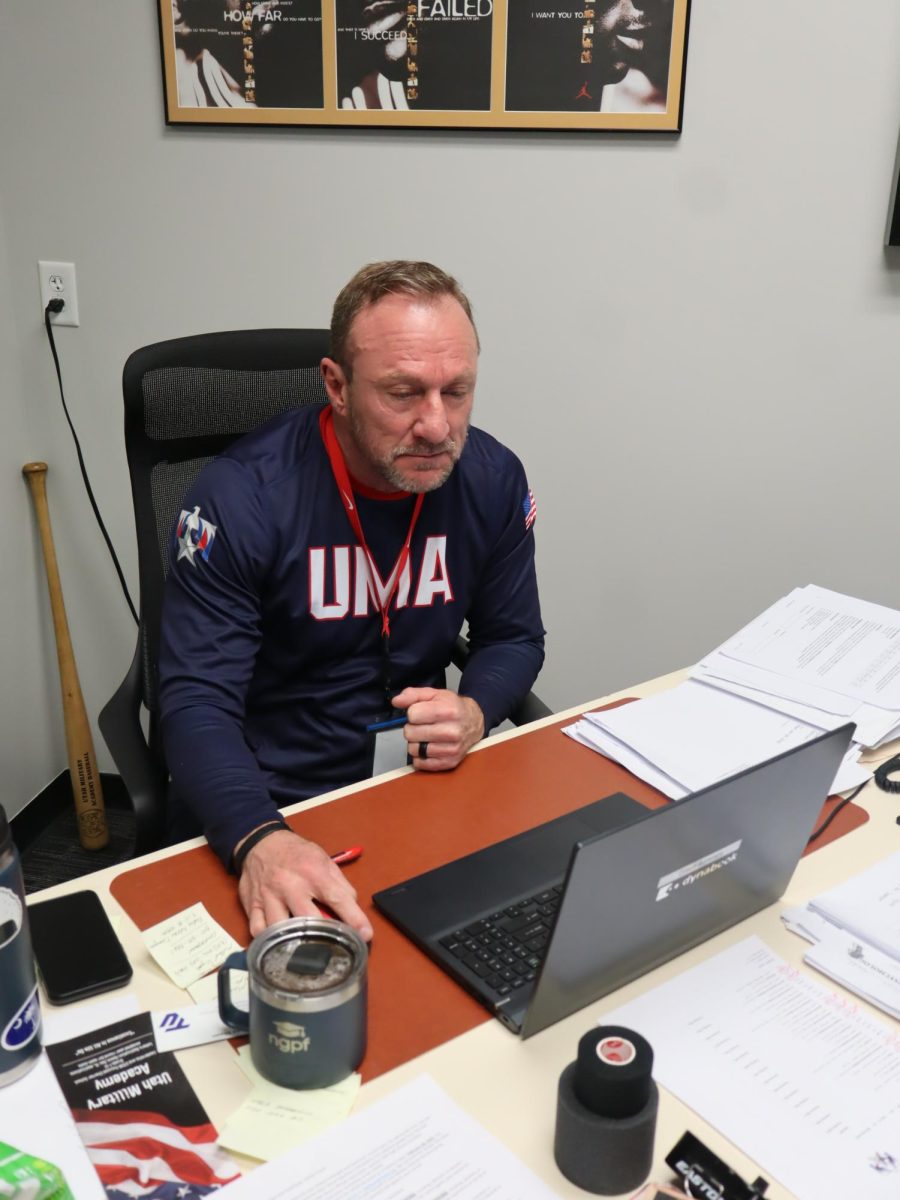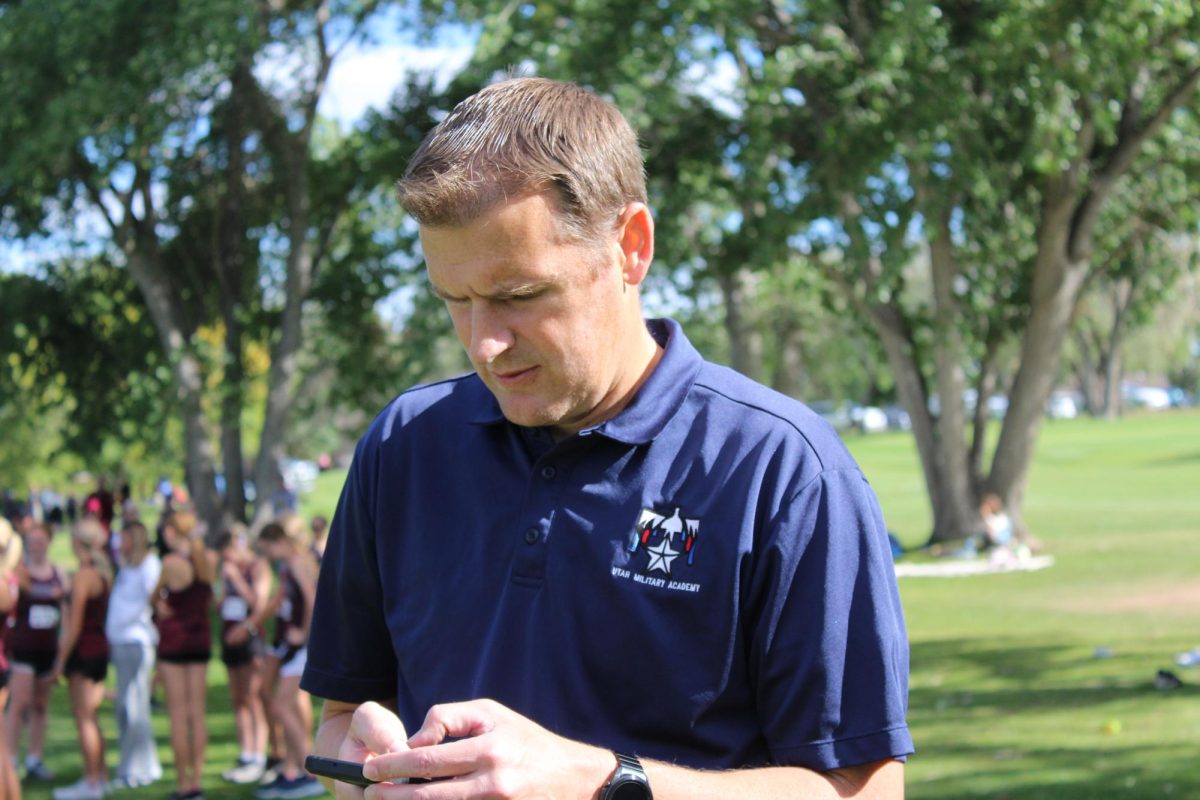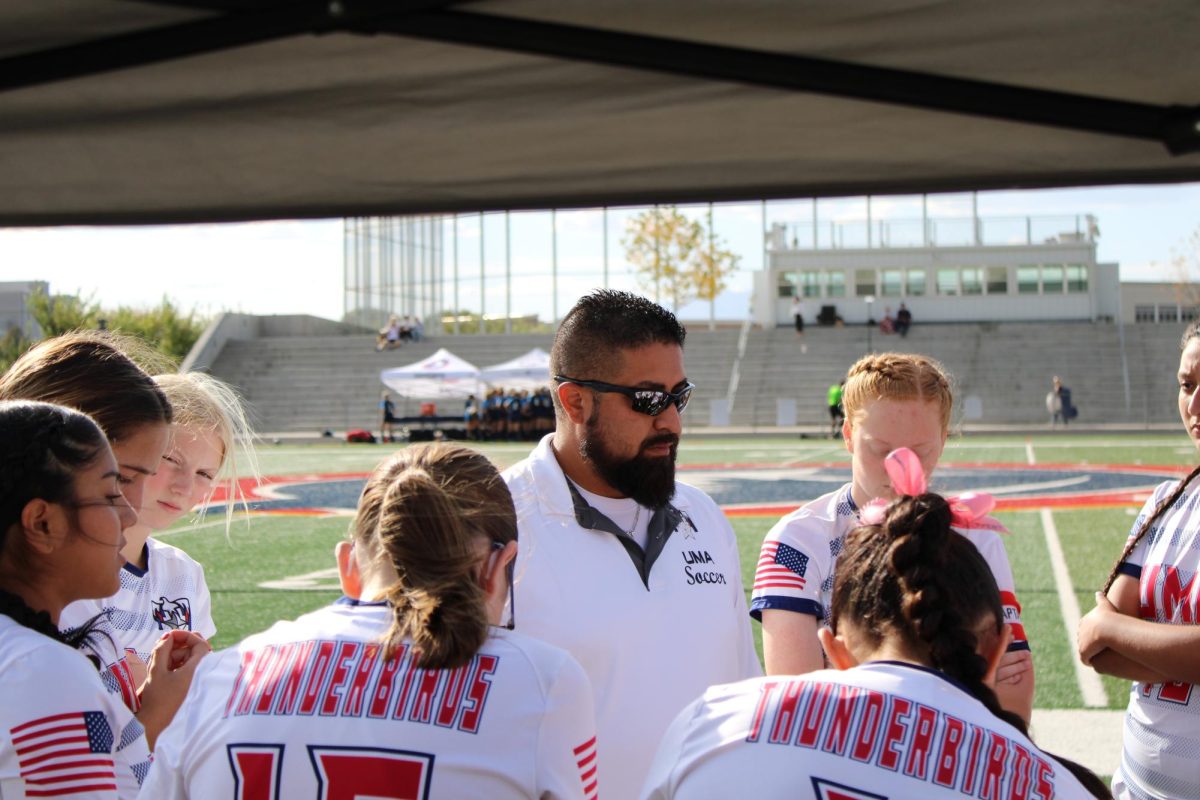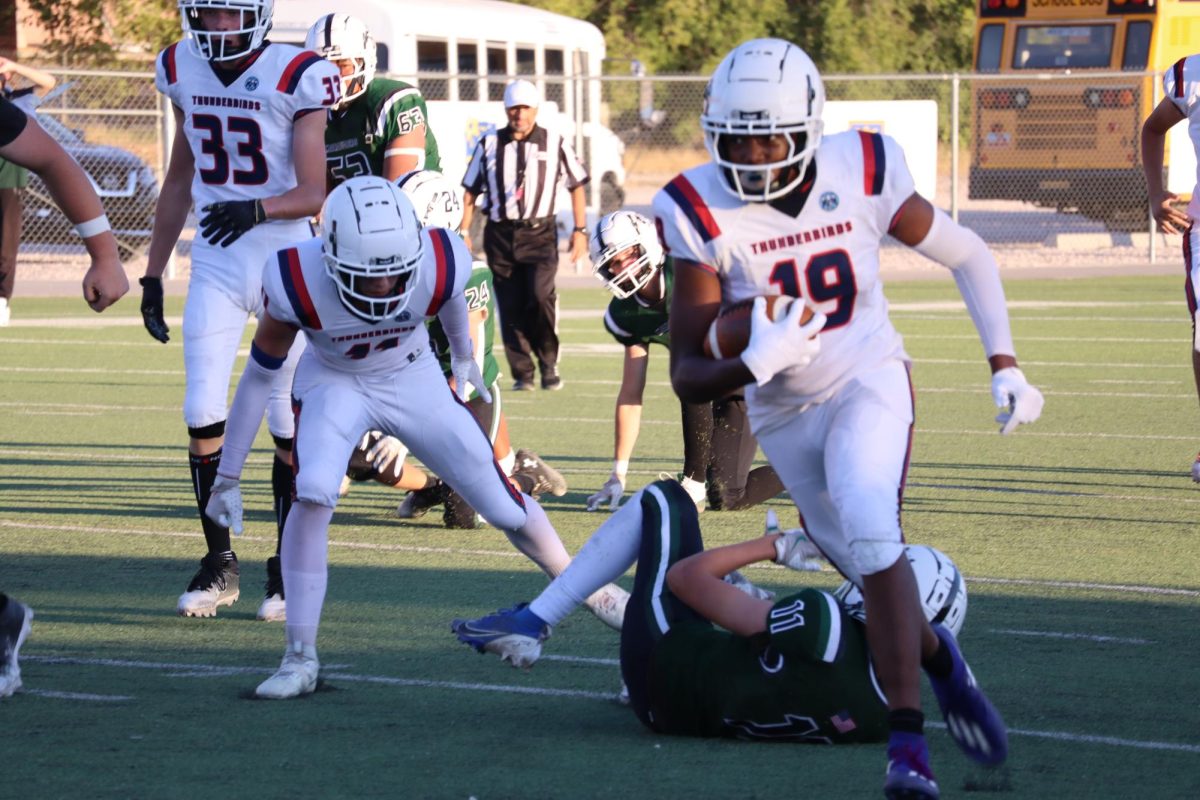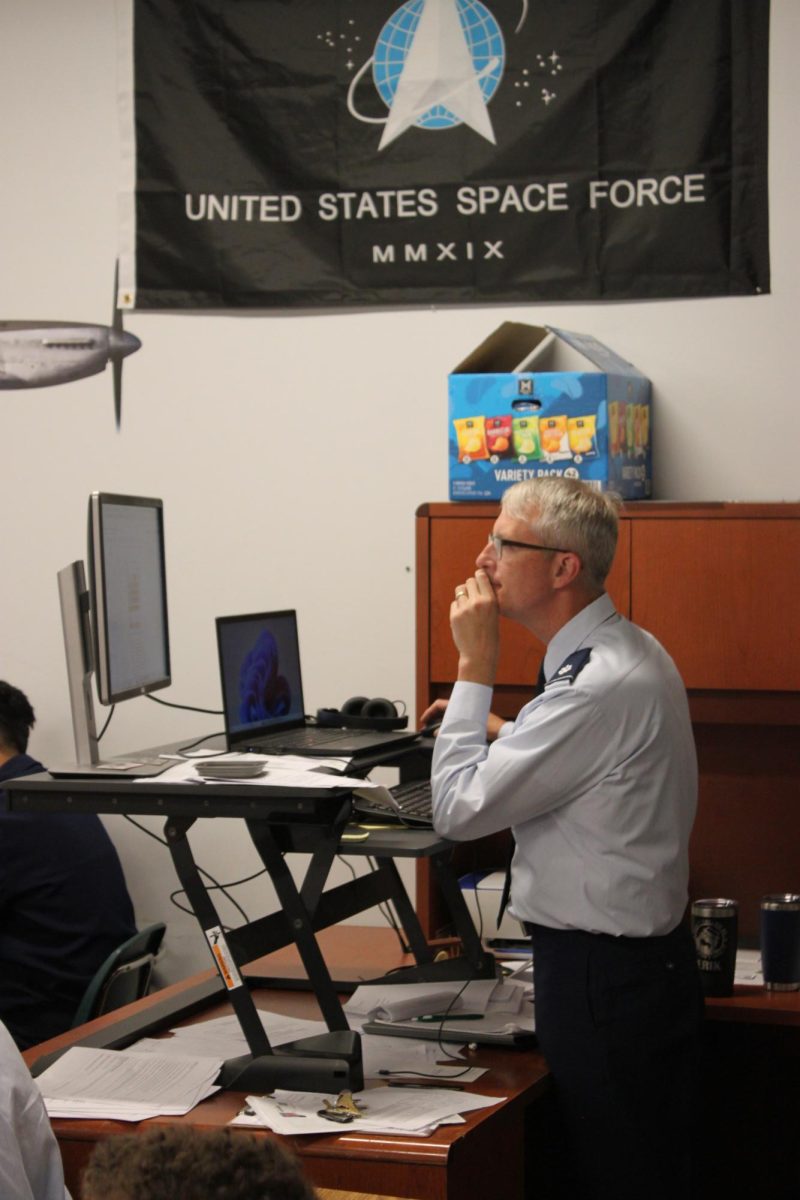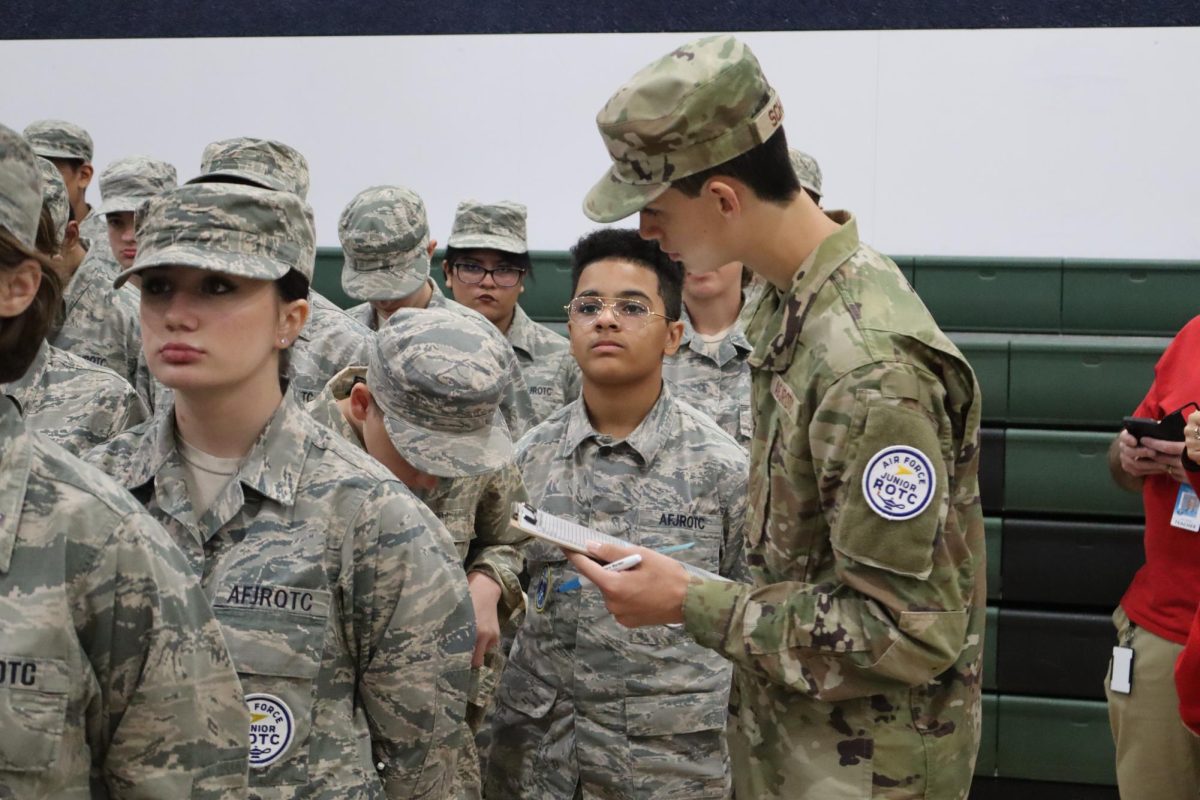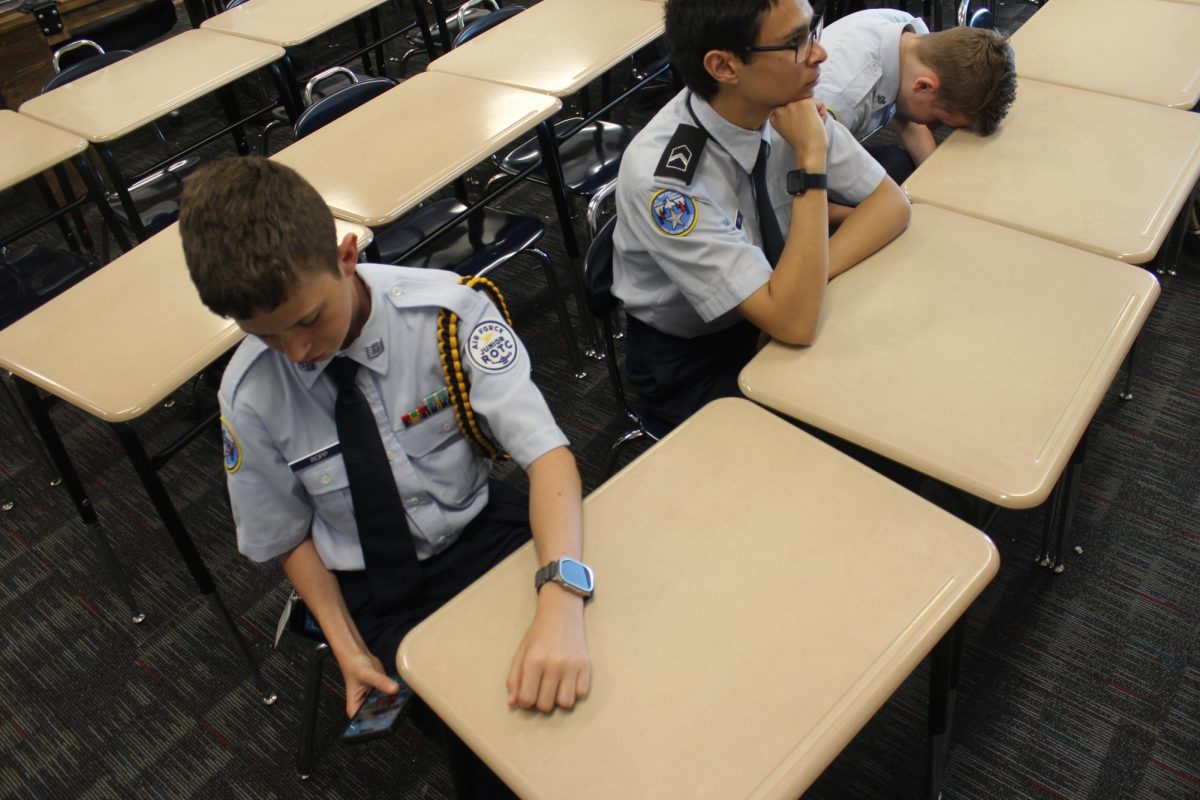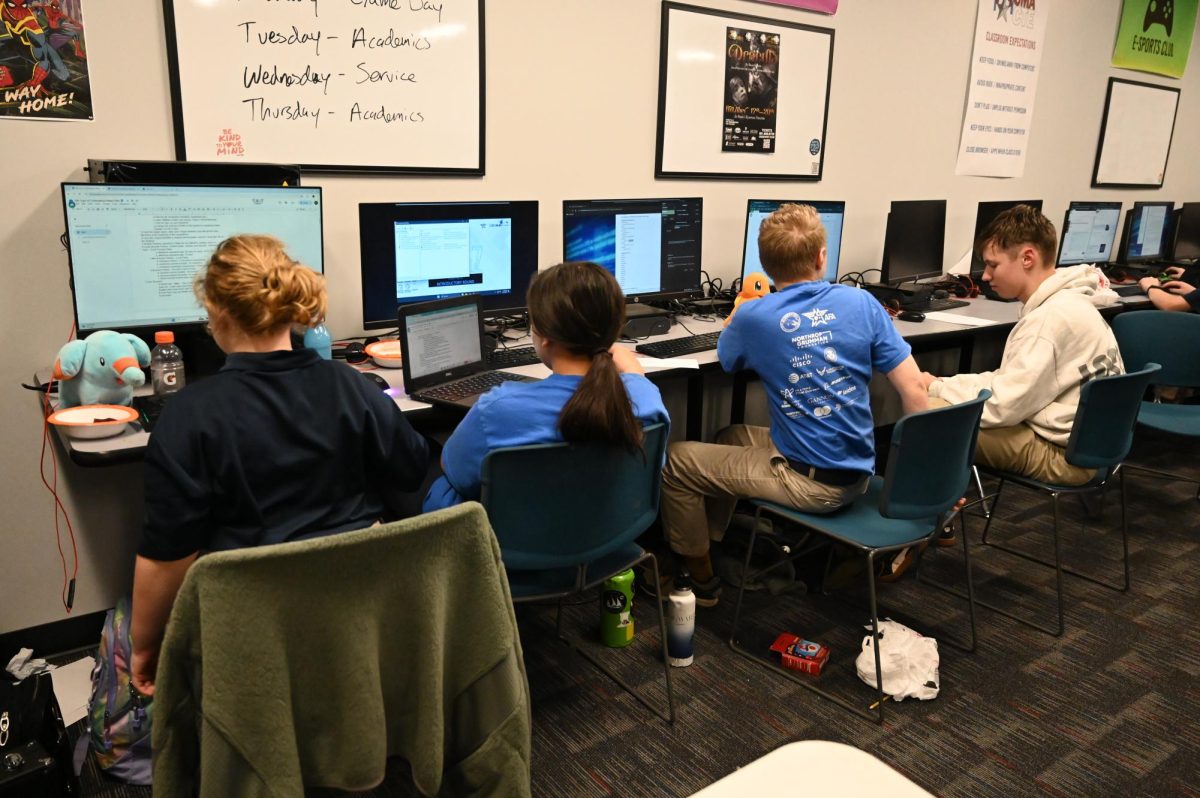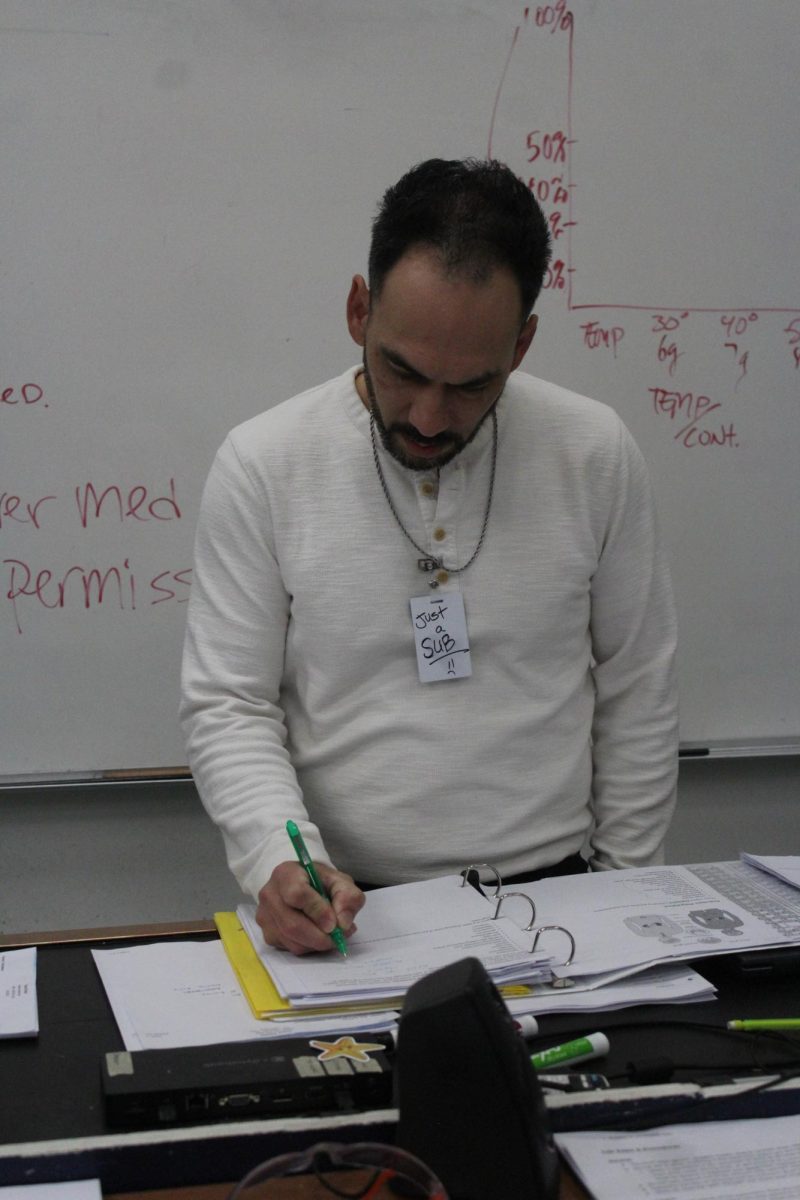In January, a news release was sent from the office of the governor, Spencer Cox, who announced that he had sent a letter to the school district sharing his concerns about the harmful effects of social media on students. His suggestion to school districts was to consider policies that prohibit students from having cell phones in classrooms and during instruction. As the Utah Military Academy administration and board of trustees consider policies regarding cell phones, staff and cadets weigh in with their opinions on whether cell phone use should be regulated.
Currently at Utah Military Academy the cell phone policy is determined by each classroom teacher in their classrooms only. Principal Mr. Smith quoted the student handbook by referring to the provision on cell phones. “[They are] not to be used in class unless permission is given by the teacher.”
Some teachers enforce a strict phone policy, prohibiting any phone use in class and confiscating phones if they are seen. “From personal experience, Major Montomery has the strictest phone policy, not only in what you can use your phone for but also in the consequences if you disobey it,” said Cadet Skibiel.
Other teachers have a more lenient policy on cell phones, recognizing the benefits of having them in class at particular times. Conner Walton admitted, “Mr. Summers has one of the most lenient phone policies due to the fact that his classes are all self-paced, and he trusts his students to get their work done.”
While cadets are largely opposed to the phone policy, teachers hold different opinions. The ongoing debate centers on the safety and academic impact of the phone policy. While some argue that it helps students stay focused and improve their academic performance, others see it as a safety hazard.
Mr. Pickett attributes the policy to higher authorities, stating, “Policy starts at the USBE (Utah Board of Education), the legislation, and the community. Current legislation is being considered to ban all cell phone possession and usage during school hours.”
Cadets believe that having cell phones in their possession at all times is a matter of safety. Cadet Wight expressed her concern. “How are we supposed to contact our parents in case of an emergency if we can’t have our phones out in class?” Another cadet, Spivey, voiced safety concerns, “I think it’s not safe, especially during a school shooting. Locking phones in a box is not safe because what if a cadet needs to contact an emergency?”
Cadets are questioning the fairness and necessity of the policy, particularly in emergencies or during potential safety threats like school shootings. On the other hand, teachers emphasize the need to prevent distractions and academic dishonesty. This issue requires careful consideration and balanced communication between both parties.
